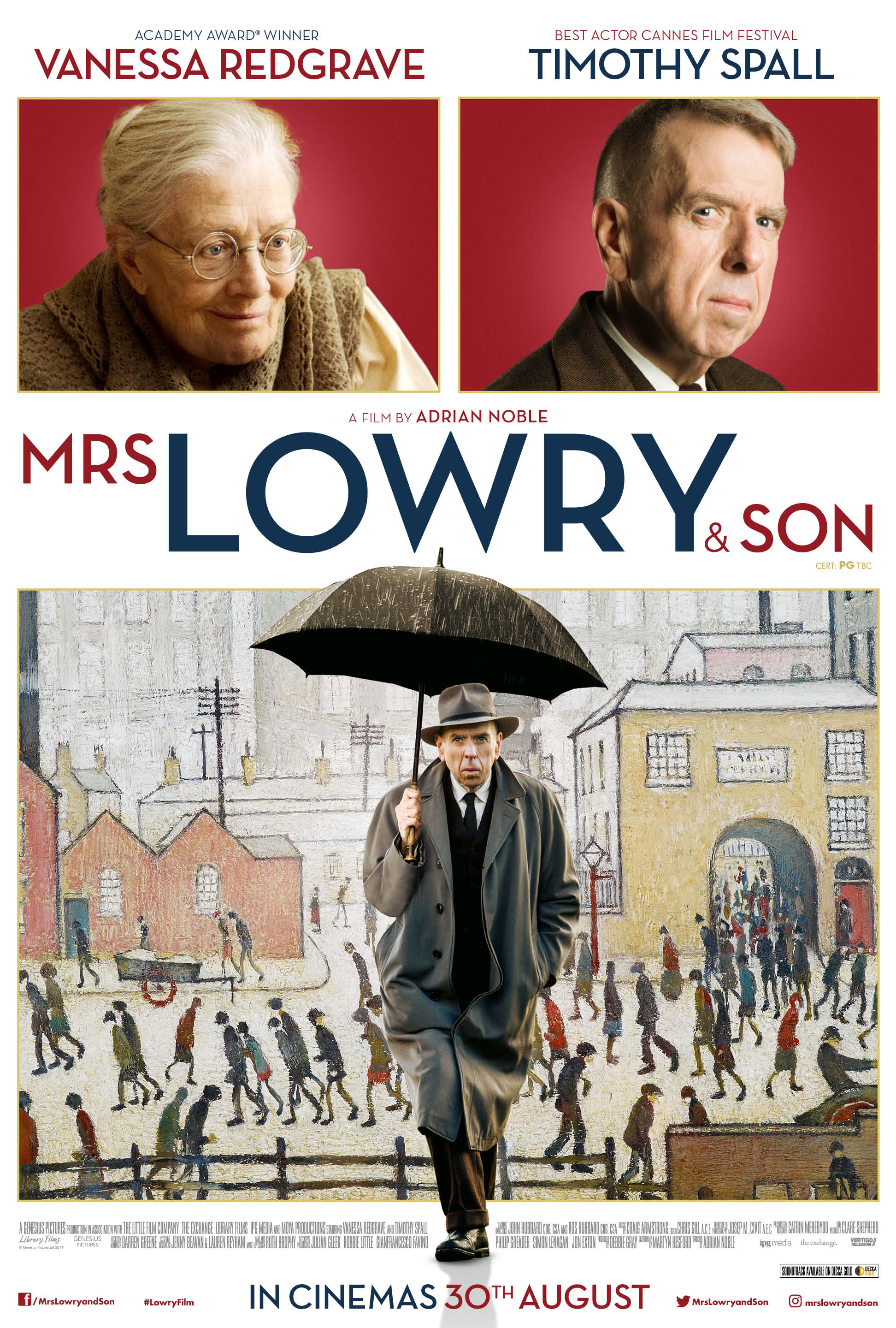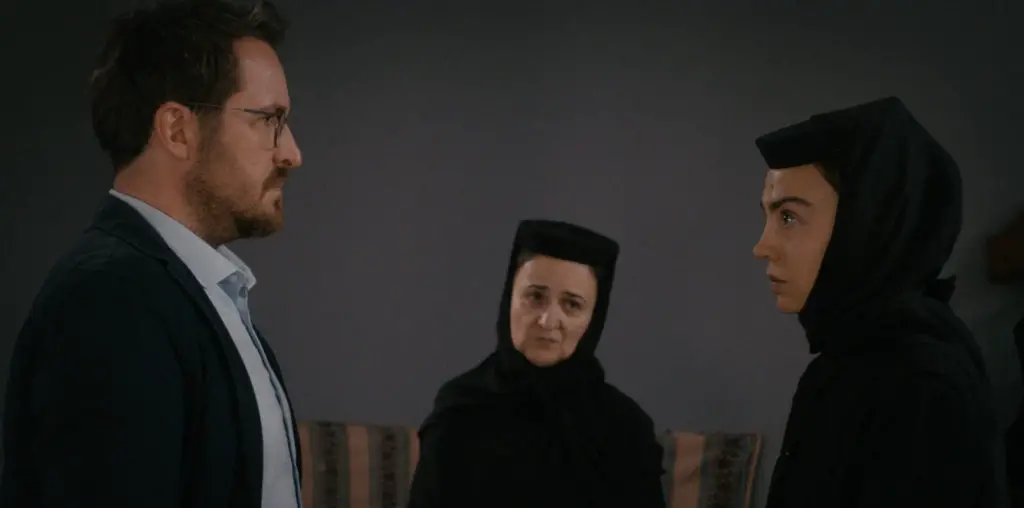
“I am a man who paints. Nothing more, nothing less.”
The (paraphrased) quote belongs to the humble Laurence Stephen Lowry (or L.S., as his friends liked to call him) – a famous mid-20th Century British painter, known for his portrayals of the English industrial districts and urban landscapes. Lowry possessed a distinctive style–a mix of primitivism and naïve art, with a dash of impressionism–which was met with both critical disdain and adoration. His work has since been sold for millions, and his statue was even erected in Mottram in Longendale.
“…focuses on Lowry’s relationship with his disapproving, bedridden mother Elizabeth…”
Adrian Noble’s Mrs. Lowry and Son focuses on Lowry’s relationship with his disapproving, bedridden mother Elizabeth – played, respectively, by British thespians Timothy Spall and Vanessa Redgrave. Set primarily in Elizabeth’s bedroom, the film achieves the task of resembling Lowry’s paintings, both to its detriment and benefit. On the plus side, it’s as vivid, honest, and sporadically compelling as Lowry’s art. Yet, its characters are also just as thinly-sketched as the matchstick figures in Lowry’s works, while its claustrophobic, dreary tone–with an added, healthy dose of melodrama–becomes borderline suffocating.
Set in Lancashire, England, in 1934, Mrs. Lowry and Son instantly draws us into the lower-middle-class neighborhood’s dank, grey streets and cramped apartments. L.S.’s life revolves around paying off his father’s debts and taking care of his ailing mother. He makes Elizabeth dinner, puts her to bed, brushes her hair, and serves her tea (why, of course). In return, she continuously berates him, calling his art juvenile and worthless. She reads him scathing reviews of his paintings, which are deemed “an insult” (“…nothing but smudges, ridiculous marionettes…”). “Try to find another hobby,” she pleads. “It’s not a hobby,” he snaps defensively, “I went to art school.” “You’re not an artist, and you never will be…” she sighs, then proclaims: “I’ve no idea what or who you are!” Elizabeth Lowry, in her own subtle ways, makes Faye Dunaway’s Mommie Dearest seem like Mary Poppins.

"…an appealing old-school charm, and two performances that make it worth seeing..."

